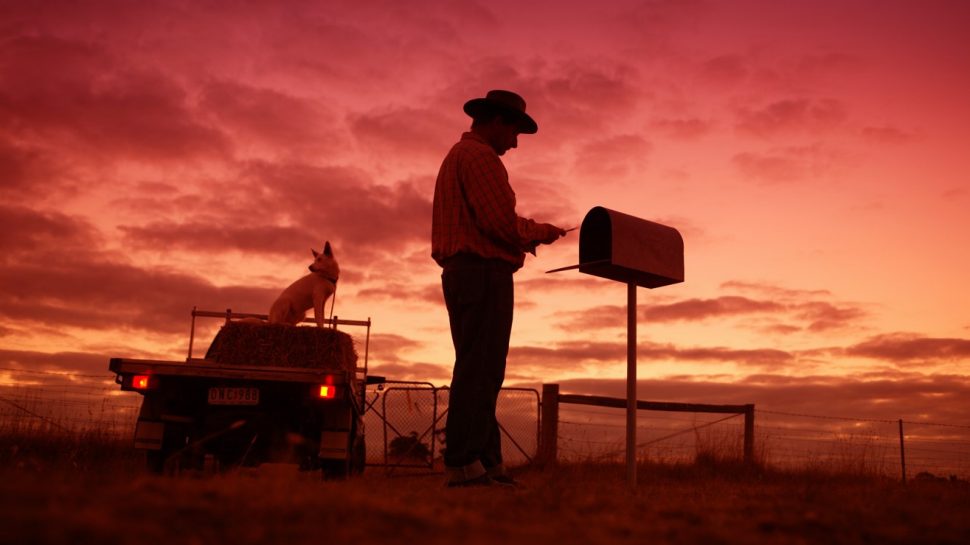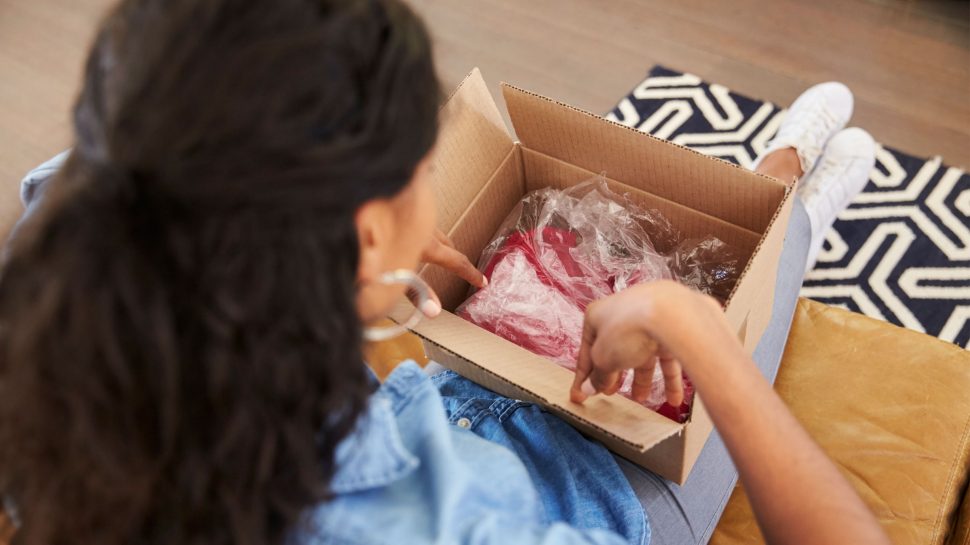A better read on the future of libraries
Australia’s libraries rose to the challenge during COVID-19, quickly finding new ways to keep Australians reading and providing access to valued services. From live-streaming story-time to posting items to library members, learn how libraries plan to keep adapting to the digital, on-demand age.
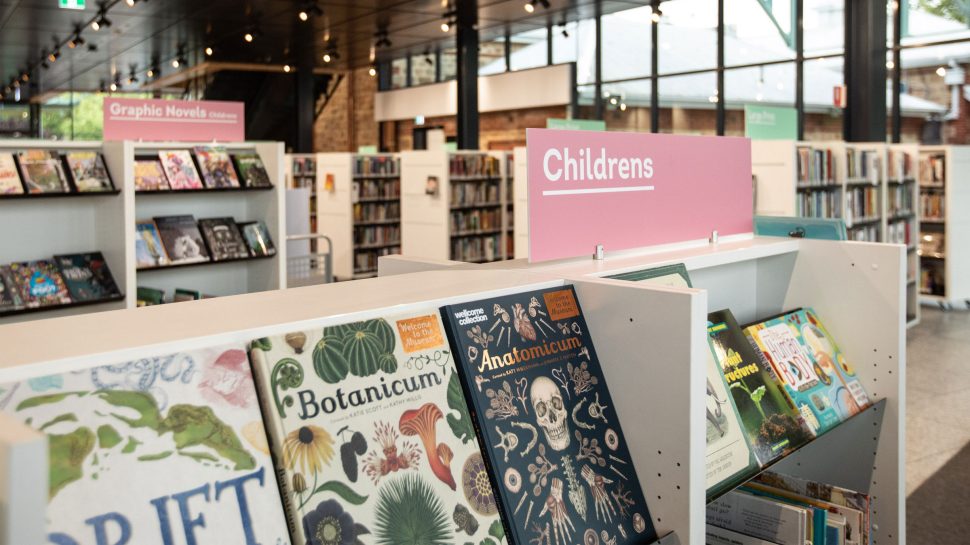
Key points
- Local library services quickly shifted online during the COVID-19 lockdown.
- From deliveries to streaming, they brought the library to the home.
- Now they are looking at new opportunities to keep expanding their reach.
When Australia’s libraries were deemed ‘non-essential services’ and closed their doors during the initial lockdown restrictions in April 2020, they were quickly missed. But many found creative ways to continue providing their community a much-needed sense of connection, via digital access to resources.
Serving the community
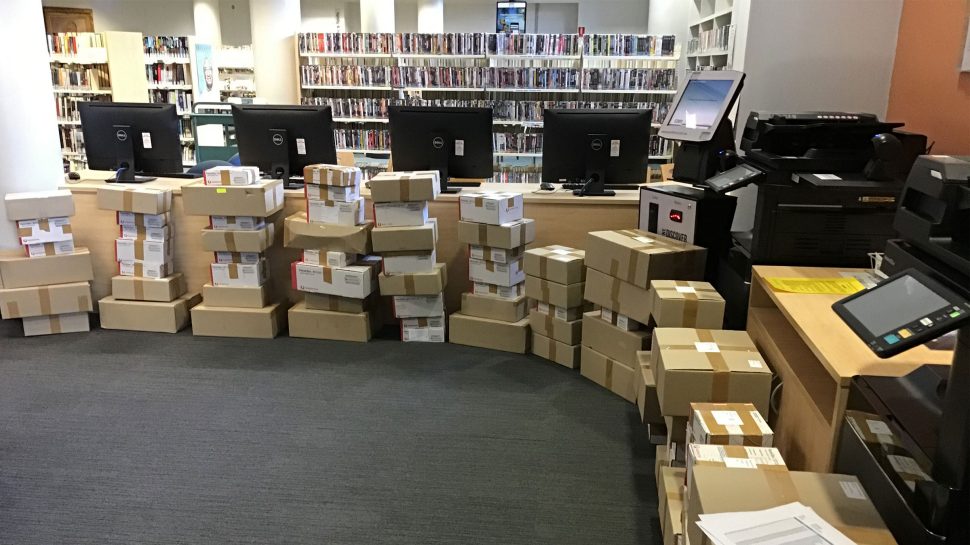
Premal Niranjan, Corporate Manager of Business & Technology at Eastern Regional Library Service in Victoria, says his “very adaptive team wanted to do something for the community” during Victoria’s lockdowns.
Although libraries were required to close their doors during the tough restrictions, Library staff were allowed to come to work to provide essential support. So for Eastern Regional Library Service the answer was book delivery.
Working with Australia Post, they quickly turned their 13 local libraries (across three Melbourne council areas) into fulfilment centres – keeping their core team of 85 employed throughout the crisis.
Eastern Regional Library’s approach was a significant shift from the traditional ‘supermarket-style’ self-serve model to a personally curated selection. Members could request a box of books to be sent to their home – based on a combination of loan history data, and suggestions of what they like to read.
Each box could fit around 10 books, and library staff were encouraged to fill them with a tailored selection. “We thought we were going to send out around 1,000 boxes of books a month. But we were sending around 1,000 boxes a week right through Melbourne’s Stage 4 lockdowns,” says Niranjan.
“Because we were not charging for postage, we had a limit of one box per membership per month. But some people said they were happy to pay for more,” says Niranjan. Young families and baby boomers were particularly excited about the service, sending messages of gratitude and photos of excited kids opening their box of books.
Sharing resources and ideas
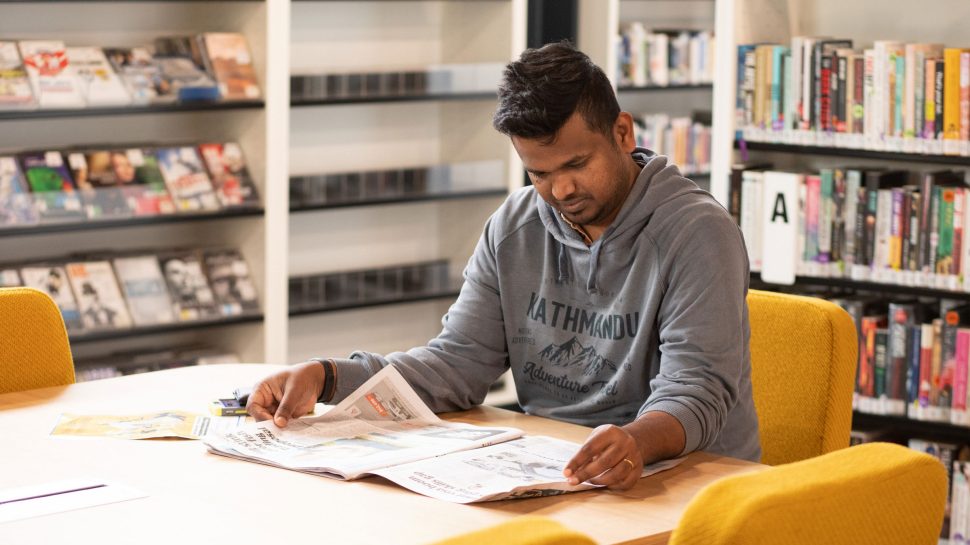
“It was pretty clear how important our library was to the community,” says Ben Footner, Manager of Library Services at the City of Prospect in South Australia. “People were really vocal about how much they missed us while we were shut."
Libraries have a mandate to provide free access to information to every member of the community. And South Australia’s library system is centrally managed rather than being administered by individual councils. Footner says this has significant cost benefits, but also ensures equal access across the state.
“It means we can draw on any library’s collection for our members. No matter where you live, you can access the same resources.”
Australia Post delivers close to 4 million materials to libraries across the state every year, on behalf of SA Public Library Network’s centralised sortation and delivery service. Members simply make a reservation, and it will be distributed to their local library.
“Because we co-operate as a collective, we can also procure in bulk,” Footner adds. This makes everything from eBook subscriptions to library software more cost-effective.
During the crisis, Footner saw SA’s libraries collaborate even more effectively across the vast distances of the state. “The pandemic encouraged us to quickly adopt the technology to bring the regional and metropolitan library managers together online.”
Footner’s team shifted to online services very quickly. “Within a week, my staff were delivering early literacy programs and story-time via Facebook streaming, and this online delivery has been a big success.”
He says the pandemic “made us think differently about how we can provide library services to the community – not just online, but also physical services like the home delivery of books.”
Prospect Library also saw member numbers continue to grow during the crisis. “Because we’ve been forced to deliver a lot of our programs via social media, we’ve expanded awareness by default,” says Footner. “People in some demographics have rediscovered their local library and realised just how much we have changed.”
Delivering Library eCommerce
“Our collection belongs to the community. And this was the time people really needed free things to read, watch or listen to while stuck at home – or to give their kids an alternative to screen time,” says Sarah Hopkins, Eastern Regional Library Service’s Corporate Manager of Customer Experience.
She was surprised by how much people wanted books during the crisis. “I think a lot of people were on a screen all day for work or study, and you get something from reading that you might not from other forms of entertainment.”
According to Hopkins, “Typically, around 30% of any library’s collection will be out on loan at any time. But during the lockdowns, it was closer to 80% in some categories like children’s books and crime fiction.”
“One new member told us, ‘I’m not really much of a reader, but I’ve discovered the library during lockdown and this has been a real lifesaver for me.’” Others described how they got to ‘meet’ interesting people through biographies or explore the world through stories.
“We’ve learned just how much the community values their local library, and that reading still has a place in people’s hearts and minds,” she says. “We have to think of the library service beyond these walls, bringing the collection to people where they are.”
Even though restrictions have eased, Eastern Regional Library is still posting out around 50 boxes of books a week. The service continues to be free to vulnerable members – such as those who can’t get to the library due to ill health or transport issues – and Hopkins’ team is implementing a new system to enable ‘library eCommerce’.
“The catalogue will be more visual, showcasing what’s new and popular, and easily accessible by phone or computer. When our members reserve books, it will prompt them to choose ‘click and collect’ from their local library, or home delivery.”
Re-imagining access to resources
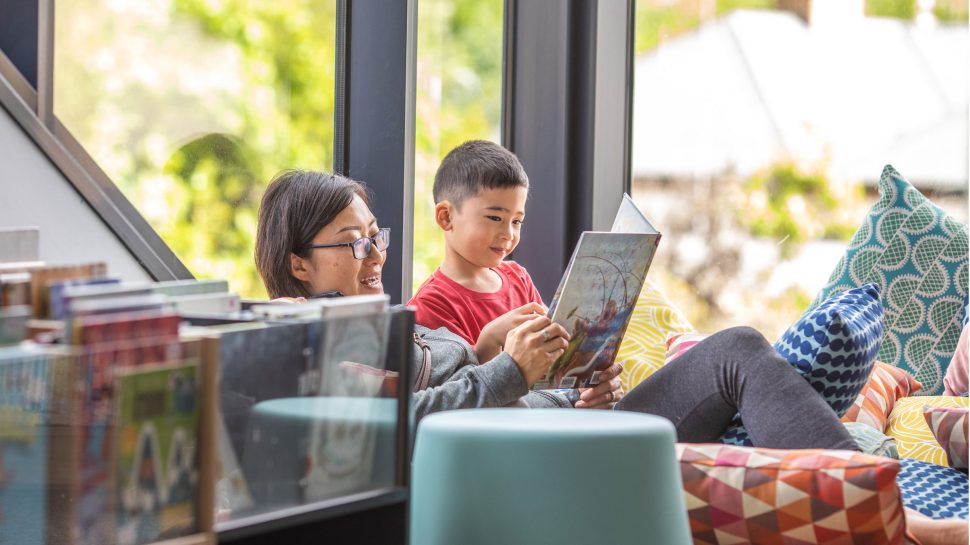
Libraries have been building their digital capability for some time. From audio, eBooks, video games and movies to free Wi-Fi and charging points, they have continually evolved their services to meet the needs of their local community.
“If any industry can be held up as an example of how to respond to digital disruption, it’s the library and information sector,” says Sue McKerracher, CEO of the Australian Library and Information Association (ALIA). “Over the last 30 years, they have reskilled staff, digitised collections and helped people learn to use computers and the internet safely.”
When ALIA commissioned SGS Economics to calculate the benefits of public libraries to communities and to the economy, it found Australian public libraries return $2.90 for every $1 invested.1
“With more than 9 million registered users, libraries are uniquely placed to support economic, social and digital inclusion,” notes McKerracher.
A valued resource for all
Above all, during the pandemic crisis libraries delivered a sense of belonging. Whether that’s in the post, via online streaming, or through physical social interaction, libraries have proven their value as an essential service – supporting the health and wellbeing of their communities.2
Having learned how flexible and creative they can be in providing that support, they are also well-positioned to proactively adapt to the changing needs of communities.
Learn more about Australia Post’s Delivery Services for Libraries (PDF 682kB).
This article is provided for general information purposes only and is not intended to be advice specific to your business needs.
1 National Welfare & Economic Contributions of Public Libraries, SGS Economics and Planning and Australian Library and Information Association, 2013
2 Survey highlights how libraries combat loneliness, Australian Library and Information Association, May 2020
